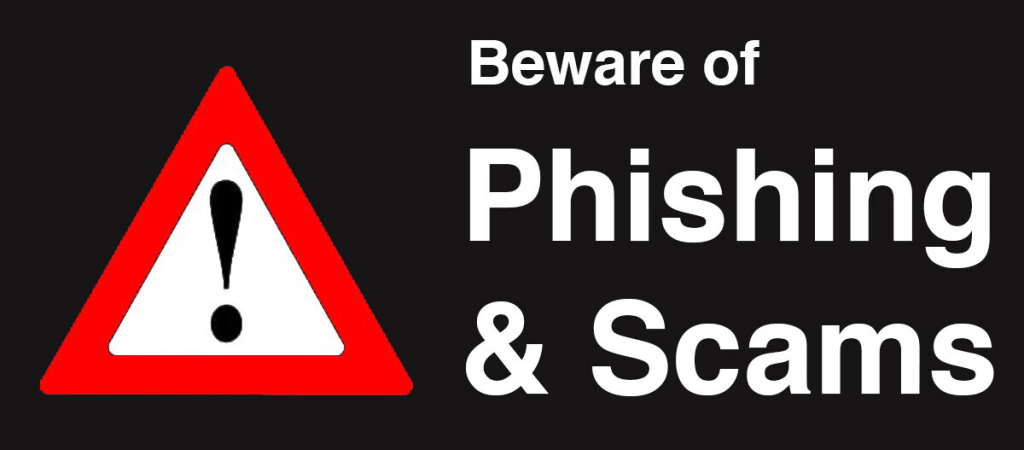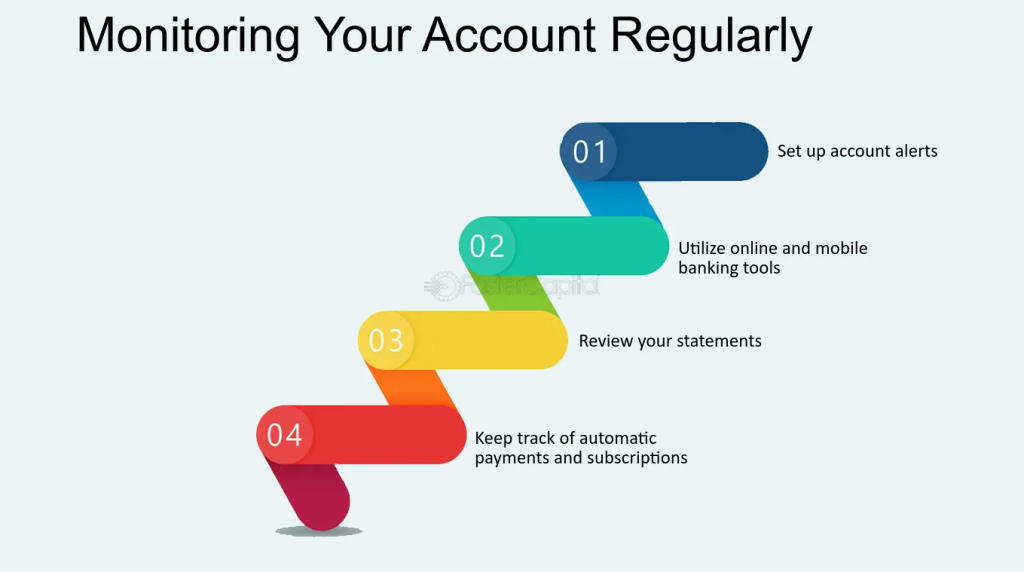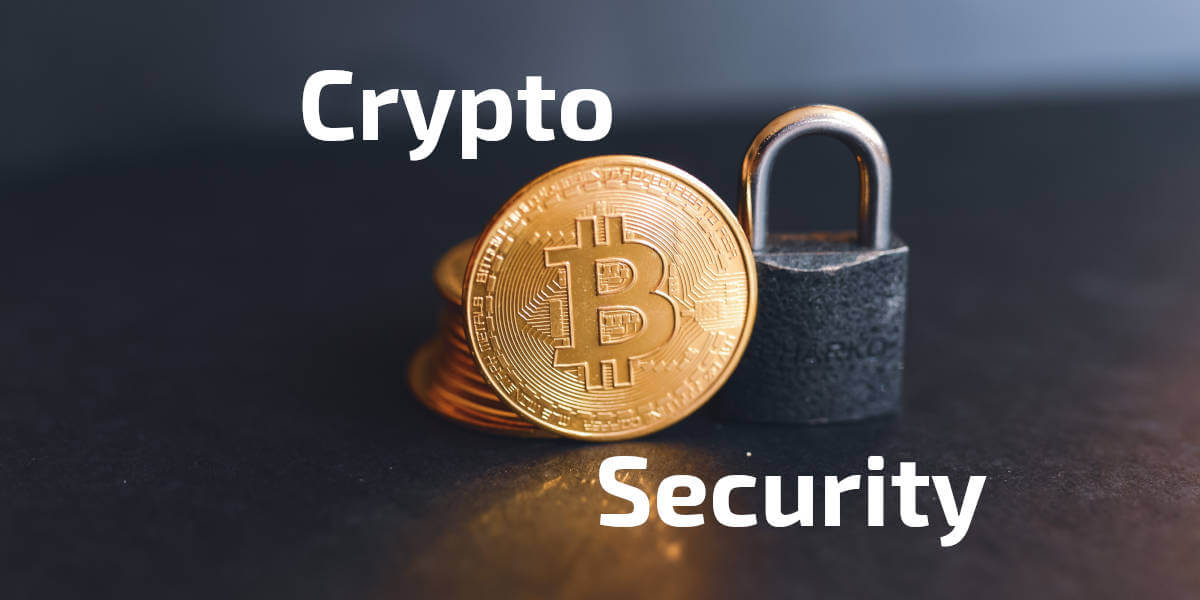AUTHOR : EMILY
DATE : 24/08/2024
Introduction
As cryptocurrency[1] continues to gain traction in India, both seasoned investors and newcomers are increasingly concerned about securing their digital assets. With the rise of innovative blockchain[2] technologies and the burgeoning crypto market, it is essential to adopt best practices for safeguarding your investments. The decentralized[3] nature of cryptocurrencies offers both opportunities and risks, making it crucial to implement robust security measures. This blog outlines best practices for crypto security in India to help you protect your digital assets from potential threats.

Choose Reputable Exchanges
The first step in securing your cryptocurrency investments is selecting a reputable exchange[4]. In India, there are several well-established exchanges such as Wazir X, Coin D C X, and Zeb Pay that have built their reputation on security and reliability. When selecting an exchange, take into account factors like
- Security Features: Look for exchanges [5]that offer strong security measures like two-factor authentication (2FA), encryption, and cold storage of funds.
- Regulatory Compliance: Opt for exchanges that comply with local regulations and have a clear legal standing.
- User Reviews: Research user feedback and ratings to gauge the exchange’s reliability and trustworthiness.
Enable Two-Factor Authentication (2FA)
Two-factor authentication adds an extra layer of defense to secure your accounts. By requiring a second form of verification, such as a code sent to your mobile device, 2FA makes it significantly harder for unauthorized users to access your accounts. Ensure that you enable 2FA for:
- Exchange Accounts: Protect your accounts on cryptocurrency exchanges.
- Email Accounts: Secure your email, which is often used for password recovery and communication with exchange platforms.
- Wallets: Use 2FA for any online wallets or services that support it.
Use Hardware Wallets for Storage
Hardware wallets are among the safest options for storing cryptocurrencies[1]. Unlike online or mobile wallets, hardware wallets store your private keys offline, making them less vulnerable to hacking and malware attacks. When using a hardware wallet: best practices for crypto security in India
- Purchase from Reputable Sources: Buy hardware wallets directly from the manufacturer or authorized resellers to avoid counterfeit products.
- Keep Recovery Phrases Safe: Store your recovery phrases (seed phrases) in a secure location. Do not keep them digitally or in easily accessible places.
- Regular Firmware Updates: Ensure that your hardware wallet’s firmware is up to date to protect against vulnerabilities.

Beware of Phishing Scams
Phishing scams are prevalent in the crypto world and can trick users into revealing sensitive information. Scammers often send fake emails or create counterfeit websites that appear legitimate. To protect yourself from phishing:
- Verify URLs: Always double-check the URL of websites you visit, particularly those related to your crypto accounts.
- Avoid Clicking on Suspicious Links: Do not click on links in unsolicited emails or messages, even if they appear to be from a trusted source.
- Use Anti-Phishing Tools: Install browser extensions[2] and anti-phishing tools to help identify and block fraudulent sites.
Keep software up-to-date.
Regular software updates are crucial for maintaining security. Updates frequently contain fixes for known vulnerabilities that attackers might exploit. To stay secure:
- Update Your Operating System: Ensure your computer’s operating system is up-to-date with the latest security patches.
- Update Wallet and Exchange Apps: Regularly update any wallet or exchange applications you use to benefit from the latest security features.
- Install Antivirus Software: Use reputable antivirus software to protect your devices from malware and other threats.
Be Cautious with Public Wi-Fi
Public Wi-Fi networks are not secure and can be vulnerable to various types of cyber attacks. Refrain from accessing your cryptocurrency accounts or making transactions[3] on public Wi-Fi networks. If necessary:
- Use a Virtual Private Network (VPN): A VPN encrypts your internet connection, making it harder for others to intercept your data.
- Avoid Sensitive Transactions: Limit activities involving sensitive information when connected to public networks.

Educate Yourself About Scams
Understanding common cryptocurrency scams can help you avoid falling victim to them. Some prevalent scams in India include:
- Ponzi Schemes: These scams promise high returns with minimal risk and rely on new investors’ money to pay earlier participants.
- Fake ICOs: Scammers create[4] fake initial coin offerings to attract investment and disappear once they have collected enough funds.
- Rug Pulls: In DeFi projects, rug pulls occur when developers withdraw all liquidity, leaving investors with worthless tokens.
Stay informed about the latest scams and always verify the legitimacy of investment opportunities.
Backup Your Wallet
Backing up your wallet is essential for recovering your funds in case of device failure or loss. To ensure a safe backup:
- Create Multiple Copies: Store backup copies of your wallet’s seed phrases or private keys in different secure locations.
- Use Secure Storage: Keep backups in a safe, fireproof, and waterproof location to protect against physical damage or theft.
Practice Safe Sharing
When discussing cryptocurrency or sharing information online, be cautious.
- Avoid Sharing Sensitive Information: Do not disclose your private keys, recovery phrases, or login details in public forums or social media.
- Verify Contacts: Ensure that you are communicating with legitimate individuals or organizations before sharing any sensitive information.

Monitor Your Accounts Regularly
Regularly monitoring your cryptocurrency[5] accounts can help you detect suspicious activity early. Set up alerts for unusual transactions or login attempts, and review your account activity frequently to ensure everything is in order.
Conclusion
Securing your cryptocurrency investments in India requires a combination of vigilance, best practices, and proactive measures. By choosing reputable exchanges, enabling two-factor authentication, using hardware wallets, and staying informed about potential threats, you can significantly reduce the risk of falling victim to cybercrime. The rapidly evolving nature of the cryptocurrency space demands continuous learning and adaptation, so stay updated on the latest security practices and trends. With these best practices in place, you can confidently navigate the world of digital assets and protect your investments from potential threats. best practices for crypto security in India
FAQs
What is the safest way to store cryptocurrencies? The safest method is to use a hardware wallet, which stores your private keys offline and is less susceptible to online hacks.
How can I protect myself from phishing scams? A: Be cautious of unexpected emails or messages asking for personal information. Always verify the authenticity of requests and use official websites or apps.
What should I do if I suspect my crypto account has been compromised? A: Change your passwords immediately, enable 2FA if not already enabled, and contact the support team of your exchange or wallet provider. Monitor your account for any unauthorized transactions.
Are there specific cryptocurrency regulations in India I should be aware of? A: Yes, India’s cryptocurrency regulations are evolving. Stay updated on the latest legal requirements from reliable sources or consult with a legal expert.
Is it safe to access my crypto accounts using public Wi-Fi? A: Public WiFi can be insecure. If you must use it, ensure you use a reliable VPN to encrypt your internet connection.
How often should I update my cryptographic security practices? A: Regularly review and update your security measures, at least every few months, or whenever there are significant changes in security protocols or technology.




